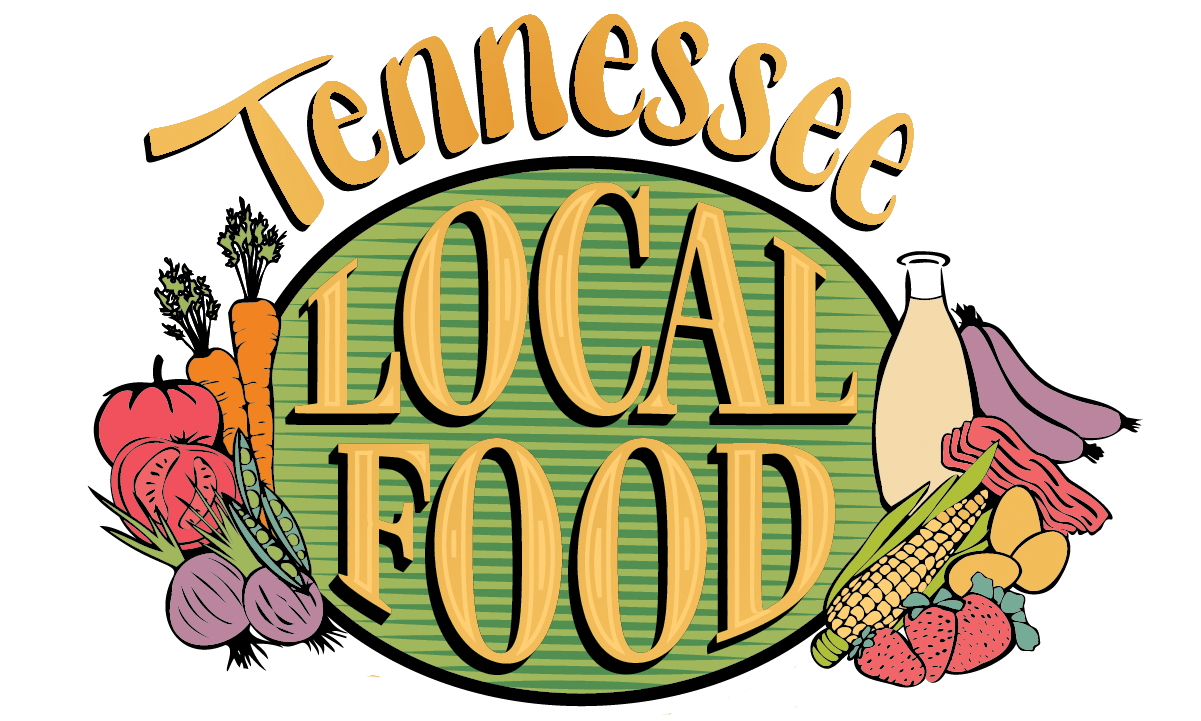Nashville Chefs Wilson, Davis, Spinelli on Why Local Food
Pumpkin bourbon cake baked with Tennessee grown pumpkins from Gary Swafford Farms and locally-made bourbon, vegetarian lasagna layered with in-season local vegetables and raw organic juices blended together with local fruits and vegetables – these are just a few of the earthy offerings that Tennessee Local Food Summit attendees get to savor December 6-8, 2013.
"It’s going to be the coolest potluck in town," said Laura Wilson who is one of various local chefs representing about a dozen different restaurants or catering places preparing dishes for the three-day event’s meals. Local farmers are supplying the food.
Wilson is the director of the Grow Local Kitchen, a community kitchen space at the Nashville Farmers' Market that promotes locally grown and sourced foods and offers classes and demonstrations using ingredients from the farmers’ market. The kitchen also helps to foster culinary education and promotional space for up and coming food entrepreneurs.
She knew Summit organizer and farmer Jeff Poppen, from buying his produce, reading his books and she has had a great respect for his work with other farmers. She was happy to rally other area chefs to donate their time and efforts to prepare the summit’s food.
“It (the Summit) speaks totally to what my goals are in terms of my business,” said Carlos Davis, co-owner and chef at Riff's Fine Street Food and Catering who is making a dessert trio for the Summit which includes the pumpkin bourbon cake. “What I am wanting to do is support local.”
Davis does a Sunday brunch at the Nashville Farmers' Market making as much of the menu as possible with what local farmers have in-season.
“Farmers need every bit of our encouragement and they need loyalty,” said Davis. “We have to invest in the future of the Nashville economy.”
He tries to upsell to his catering clients to buy a local sustainably-sourced menu. He explains that it usually takes people tasting the locally-sourced food next to the other food to see the difference of how much better local tastes. Having people cater their events with local food is one way to showcase farmers’ goods to bigger crowds, said Davis.
"When people support a long term investment in local food, only then can local food become affordable to the majority of people," said Davis. He works with various charities and non-profits including the community kitchen of the Conexion Americas called Mesa (which means table in Spanish) Komal (which means community in Kurdish) in Nashville. As a whole, Davis sees that the Summit will really help to draw awareness to the fact that “we have got to try something different” to create a better food economy for everyone.
Using local vegetables, meats and dairy, Robert Spinelli, owner and chef of Perl Cafe and Catering in Nashville believes “supporting local farmers affects the economy by keeping more profit close to home. If small businesses can help each other flourish, then everybody wins.”
Spinelli, who is preparing braised meat for the event, believes it is important for local chefs to be involved with the local food movement “to be able to use the freshest ingredients possible, to be able to forge a relationship with the people who grow the products instead of simply calling an order in to a big company and to really be a part of the community around us.”
It is “a great opportunity," to hook up farmers and chefs together, said Wilson. Working at the Nashville Farmers' Market, many times she sees chefs buying from the same farms regularly. The Summit is a meeting place for chefs to meet other farmers out there they may not have known about. “This is a way to make it easier on the farmers to market their goods to different food buyers.”
Bringing various farmers with different viewpoints and perspectives to “one table is one of the most important things you can do,” said Wilson.
The local food movement is people “re-examining an old idea,” said Wilson, as once food was always produced locally prior to the food economy getting so big that food had to be trucked in. Trucking food from far way is “not a viable way to set up an entire food system,” said Wilson. To her Middle Tennessee is a ‘fertile cradle of dirt. The fact we are not reaching to feed ourselves from here is disconcerting.”
Her aspirations for the summit are for people to meet, share their knowledge and open their minds to new ideas and marketing strategies to be able to expand.
“I will be happy when we don’t have to talk about it (a local food economy)” because it will be just assumed that restaurants buy their produce and other food from local farms, said Wilson.
“It is a flavor break,” said Wilson of local food. “It tastes better. It has the terroir earth flavor of this place (Tennessee).”
The third annual summit begins Friday December 6 with a 6 p.m. reception at Sloco, 2905 12th Ave. S., Nashville, TN 37204. The workshops on Saturday, December 7 begin at 9:00 a.m. December 7 at the Boone Business Building at Trevecca Nazarene University, 333 Murfreesboro Road, Nashville, TN 37210, and include a chef-made lunch. Saturday night at 6 p.m., Corsair Distillery will host summit attendees for a farm-to-table dinner and entertainment by indie rocker Will Kimbrough. Sunday, December 8, at 10 a.m., it’s back to Trevecca for a tour of the aquaponics operation followed by a tour of Delvin Farms greenhouses at noon. The full price of the three-day summit is $100 per person but discounts and single event tickets are also available. For more information about the Tennessee Local Food Summit, go to tnlocalfood.com.
by Heather Foust
